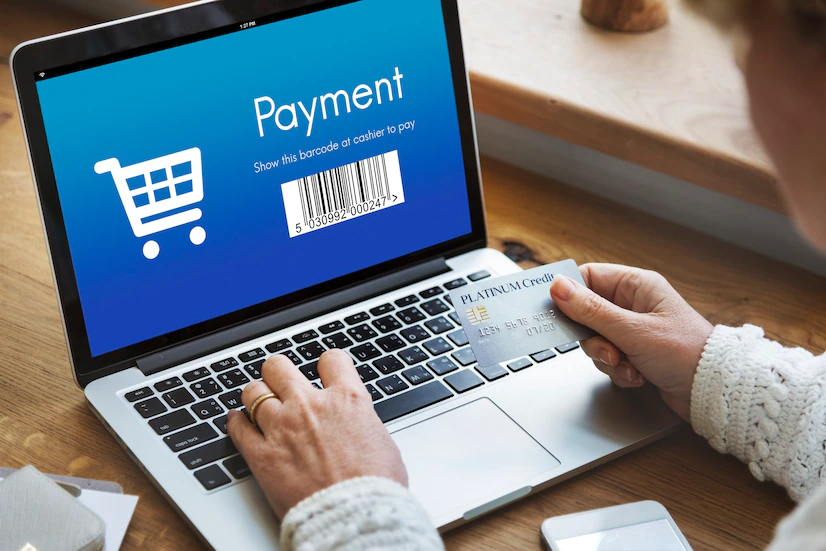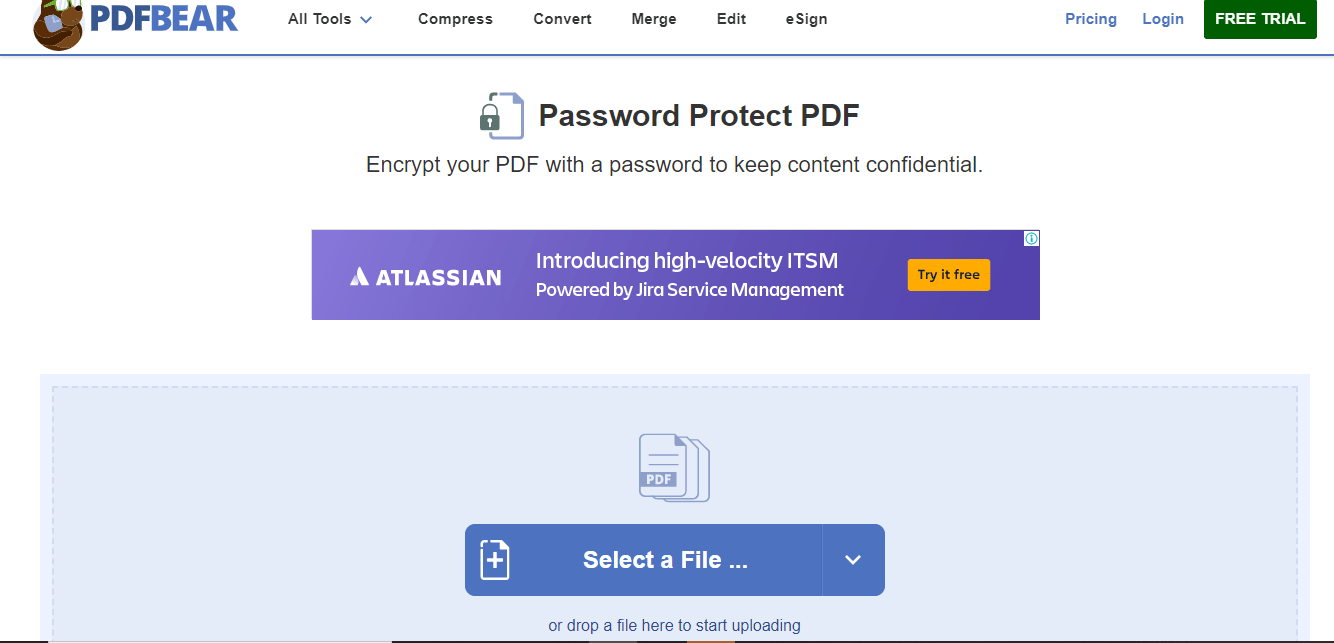How Are Payment-As-A-Service (Paas) Platforms Changing The World Of Online Payments?
3 Mins Read
Published on: 11 October 2022
Last Updated on: 06 September 2024

toc impalement
Online payment methods are changing rapidly. Earlier businesses had to develop payment systems or use third-party providers. But, this is no longer the case.
The payment as a service platform is now available and allows companies to outsource their processes to a third-party provider. It is a growing industry with many benefits for businesses. Whether a small or a large enterprise, you can benefit from using a PaaS platform.
As per a study by Juniper Research, the global value of PaaS transactions will reach $620 billion by 2022. This is a significant increase from the $270 billion processed in 2017. The report also found that the number of PaaS users will grow from 34 million in 2017 to over 200 million by 2022.
Why Are They Becoming So Popular?

There are many reasons why such platforms are becoming so popular. One of the main reasons is that they offer many benefits for businesses.
Some of the benefits include:
1. Reduced costs:
When you outsource your payment processing to payment as a service platform, you can save a lot of money on transaction fees. This is because the providers usually charge lower costs than traditional payment processors.
2. Improved security:
PaaS platforms offer more protection than traditional payment processors. This is because they use advanced fraud detection and prevention tools. For businesses, this means that they can reduce the risk of fraud and chargebacks.
3. Increased flexibility:
When you use such a platform, you can choose the features you want. This is because they are highly customizable. You can also integrate them with other software applications.
4. Improved customer experience:
A reliable one can provide a better customer experience. This is because it offers real-time, automatic recurring, and mobile payment options.
How Are Paas Platforms Changing The Online Payment Form?

The Payment as a Service (PaaS) platform is the change maker. They provide a way for businesses to accept payments online without developing their payment processing infrastructure. This has numerous benefits, including reducing payment costs and simplifying the integration process with third-party services.
More companies are turning to PaaS platforms like EverView to provide a better digital payment experience for their customers
In addition, the platforms are typically more flexible than traditional processors, making it easier to tailor the experience to the specific needs of a business. As the use of these platforms continues to grow, they significantly impact the online payments scenario.
One of the great examples here is Spell, a PaaS-based white label payment processing provider. The company developed market-leading, cutting-edge, and highly secure payment processing software for worldwide partners. It provides a robust suite of PaaS solutions with dozens of useful features for uniting online and account-to-account payments within one platform.
What Challenges Do They Face?
PaaS platforms have a lot of potentials, but they also face some challenges. One of the main issues is scalability. As they become more popular, they will need to be able to handle an increasing number of transactions. This can be a challenge for PaaS providers, who must ensure that their platforms can scale quickly and efficiently.
Another challenge is security. The platform stores sensitive data, including credit card numbers and customer information. This makes them a target for hackers. PaaS companies must invest in solid security measures to protect their platforms from attack.
Nevertheless, PaaS platforms are growing in popularity and significantly impact online payments. Businesses and consumers are benefiting from the convenience and flexibility such platforms offer. As PaaS providers innovate, you can expect even more exciting changes in online payments.
Conclusion
PaaS platforms are changing the world of online payments by making it easier and faster for businesses to get paid. They are also reducing the costs of online payments by eliminating the need for companies to invest in their payment infrastructure.
Read Also:


















Comments Are Closed For This Article